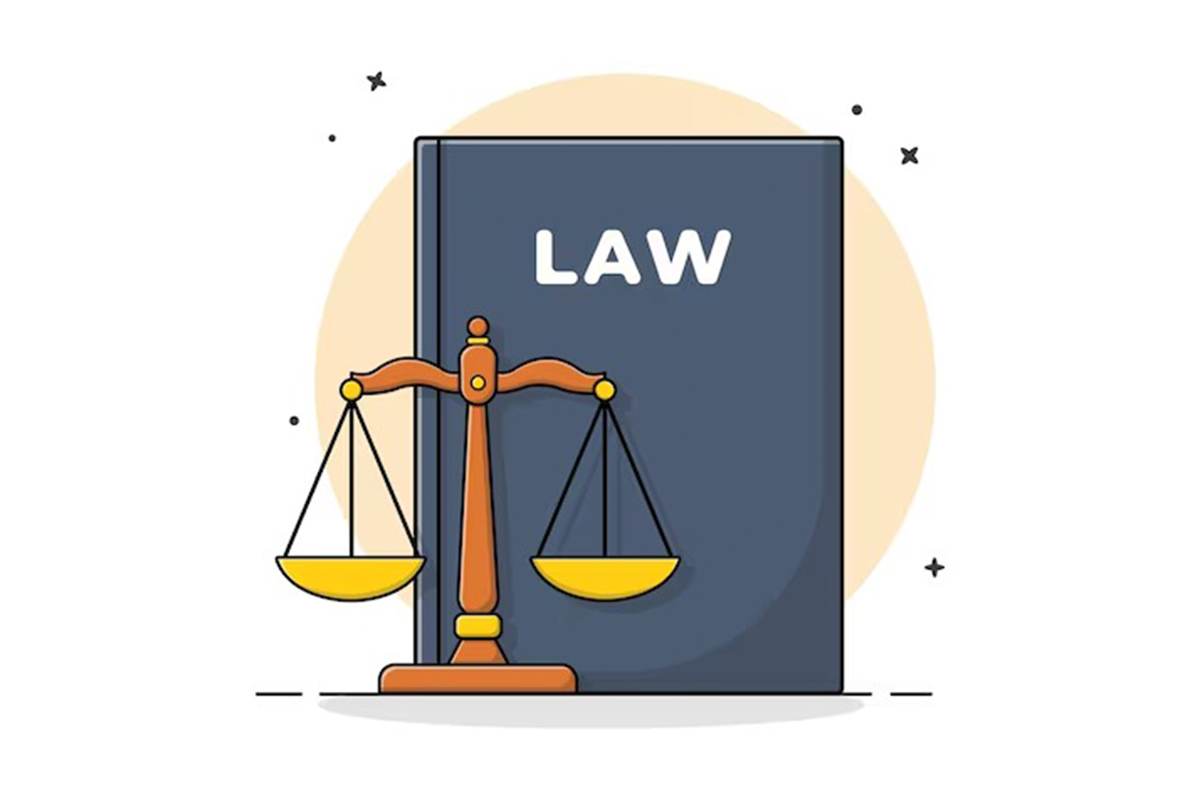course detail

Law
Introduction to Law:
Law is the foundation of modern societies, providing the framework for governance, justice, and social order. Studying law offers individuals the opportunity to understand and engage with the legal system, which shapes every aspect of human interaction, from business transactions to individual rights and responsibilities.
Here are some reasons why studying law is important:
Promoting Justice and Fairness: Law serves as a mechanism for ensuring justice and fairness in society. By studying law, individuals gain insights into legal principles, rights, and obligations, allowing them to advocate for justice, uphold the rule of law, and protect the rights of individuals and communities.
Shaping Policy and Governance: Law plays a pivotal role in shaping public policy and governance. Lawyers and legal scholars contribute to the development, interpretation, and enforcement of laws and regulations that govern society. Through legal education, individuals gain the knowledge and skills to participate in policymaking, address societal issues, and advocate for legislative reforms.
Protecting Rights and Liberties: The study of law empowers individuals to understand and assert their legal rights and liberties. Whether it’s defending against wrongful accusations, advocating for civil rights, or seeking legal remedies for injustices, knowledge of the law is essential for protecting individual freedoms and promoting equality and justice for all.
Fostering Critical Thinking and Problem-Solving: Law education cultivates critical thinking, analytical reasoning, and problem-solving skills. Lawyers must assess complex legal issues, analyze evidence, and develop persuasive arguments to advocate for their clients’ interests. These skills are valuable not only in legal practice but also in various professional settings, including business, government, and academia.
Career Opportunities: Studying law opens up a diverse range of career opportunities. While many law graduates pursue careers as lawyers or judges, others leverage their legal education to pursue careers in fields such as business, politics, academia, or international relations. The analytical and communication skills developed through legal education are highly transferable and sought after in many professions.
In summary, studying law is essential for promoting justice, shaping policy, protecting rights, and fostering critical thinking skills. Whether one aspires to practice law professionally or pursue a career in a related field, a legal education provides a strong foundation for making meaningful contributions to society and effecting positive change.

